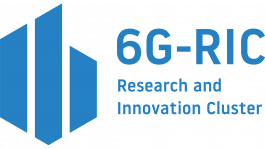



The title of doctoral thesis is: „An Information-Centric Approach to Massive Connectivity in Wireless Sensor Networks“
The doctoral examination board consists of the following members:
Chair:
Prof. Dr.- Ing. Jörg Raisch (TU Berlin)
Reviewers:
Prof. Dr.-Ing. Slawomir Stanczak (TU Berlin)
Prof. Dr. Petar Popovski (Aalborg University, Denmark)
Prof. Dr.-Ing. Setareh Maghsudi (University of Tuebingen)
Dr. Gianluigi Liva (DLR Munich)
Supervisor:
Dr.-Ing Zoran Utkovski
Abstract:
Wireless communication technologies as key enabler for Internet of Things (IoT) and massive machine-type communication (mMTC) applications are of growing importance in connection with cellular communication networks like 5G New Radio (5G-NR). Although solutions based on advanced massive multiple-input multiple-output (MIMO) techniques and the exploration of the sub-THz spectrum promise a significant increase in capacity, the prospects for solving the problem of massive connectivity for largescale sensor networks are rather sobering due to the stringent power limitations at the mobile devices and the limited propagation range in the higher frequencies. A bottleneck in today’s wireless communication systems arises from the underlying assumption of orthogonality in the design of the air interface and multiple access protocols. The limiting factor here originates from the fact that wireless resources can only be used by one device at a time, so that the total number of devices is inherently limited by the number of available resources. Thus, in the regime of massive connectivity with a large number of active devices, orthogonal transmission becomes prohibitive. Another limitation stems from the small size of the data packets, typically on the order of several bytes, while the number of information bits can be on the order of the entropy of the random process characterizing the device activation, making user identification tedious. Consequently, the design of efficient transmission schemes for sustainable wireless networks requires a critical rethinking of the assumptions on device identification (»Is the device identity relevant for the application?«) and information transmission (»What relevant information is to be obtained via the communication process? «). Contrary to the traditional communication model that treats the communication process as a content-agnostic data pipe, emerging information-centric models have become the subject of research as a viable solution for energy-efficient massive multiple access. In this work, the problem of massive connectivity with limited communication resources and power budgets is considered following an information-centric approach, exploiting methodological concepts from information theory, signal processing, multiple access techniques and protocols. A considered information-centric multiple access protocol, e.g., is type-based multiple access (TBMA), where the idea is that the information, the receiver is interested to infer from multiple transmissions, can be characterized by a statistical representation, e.g., its empirical measure (or type). By leveraging the sparse nature of device activation, an non-orthogonal extension of TBMA is developed incorporating a Bayesian message-passing detection receiver. Further, the problem of massive connectivity is addressed from a semantics-aware perspective that incorporates the importance and usefulness/value of information into the communication process. Thus, transmission schemes that exploit semantic-aware active sampling in combination with transmission on shared communication resources are developed. A central statement of this work is that an information-centric approach can contribute significantly towards sustainable and energy-efficient communication systems.


Prof. Slawomir Stanczak (TU Berlin), Dr. Johannes Dommel, Dr.-Ing. Zoran Utkovski © Copyright / Dr. Johannes Dommel
Dr. Johannes Dommel© Copyright /Dr. Johannes Dommel

Fraunhofer Heinrich-Hertz-Institut, HHI
Prof. Dr.-Ing. Slawomir Stanczak
Einsteinufer 37
D–10587 Berlin
E-Mail: info@6g-ric.de
Fraunhofer Heinrich-Hertz-Institut, HHI
Prof. Dr.-Ing. Slawomir Stanczak
Einsteinufer 37
D–10587 Berlin
E-Mail: info@6g-ric.de